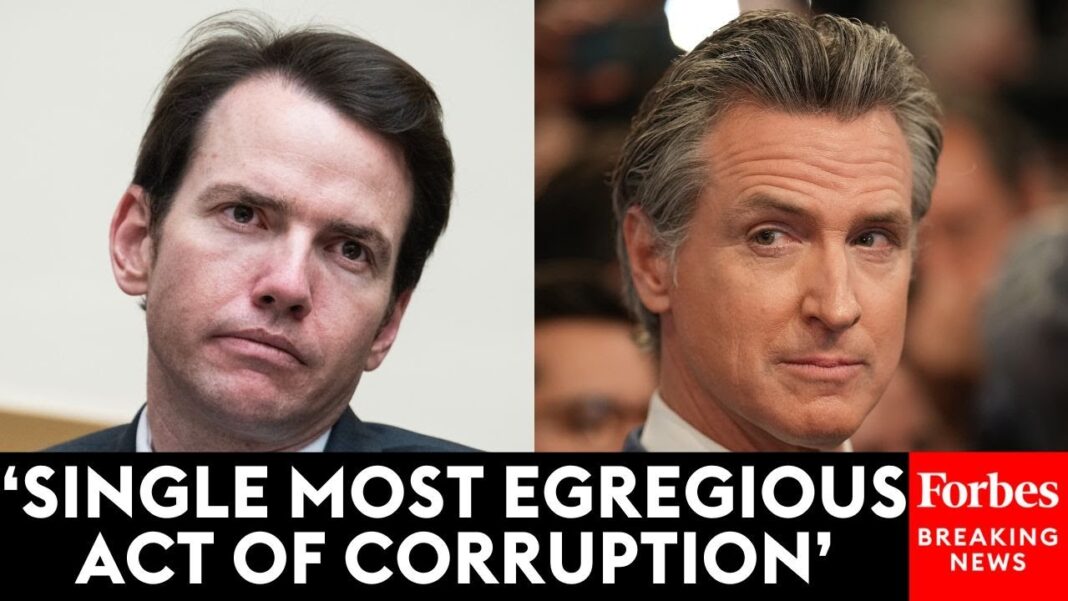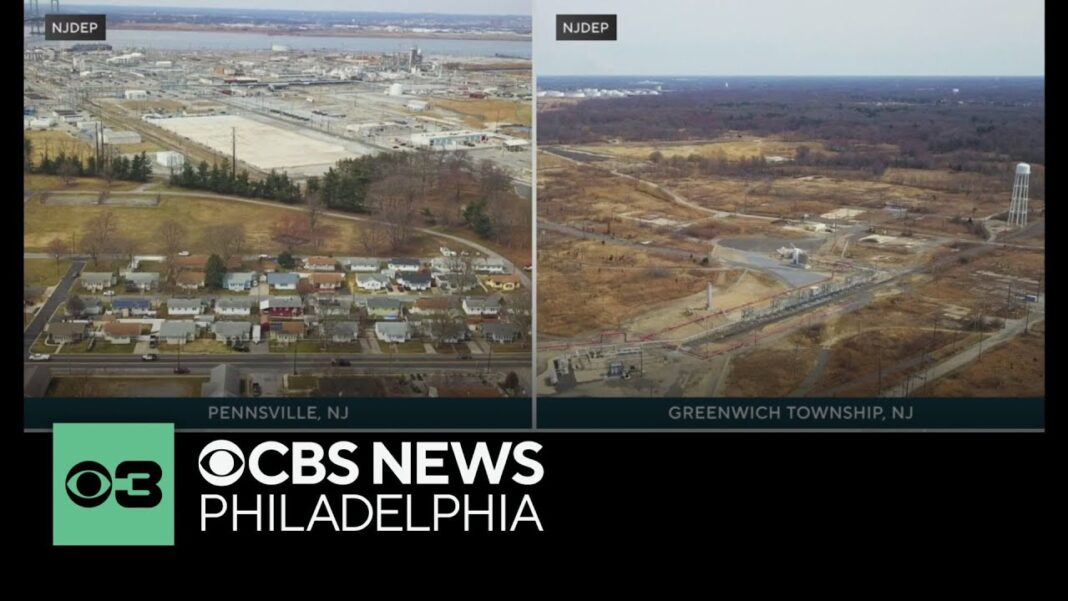Trump also said he may implement levies on pharmaceutical imports as high as 250 percent.
President Donald Trump said he will soon release details of new tariff plans for semiconductors and chips.
“We’re going to be announcing on semiconductors and chips, which is a separate category, because we want them made in the United States,” Trump said in an Aug. 5 interview with CNBC’s ”Squawk Box.”
The announcement, Trump said, could happen “within the next week or two.”
He also stated in the lengthy interview that he plans to impose tariffs on pharmaceuticals entering the United States, which could reach as high as 250 percent.
Reiterating his previous proposal, the president said he would first implement a “small tariff” on pharmaceutical products. Then, after more than a year, he would impose a “maximum” levy that would rise to 150 percent and then 250 percent.
“We want pharmaceuticals made in our country,” Trump said.
This past spring, the White House launched a Section 232 investigation into pharmaceutical goods, allowing Commerce Secretary Howard Lutnick to determine the effects of imports on national security.
In May, Trump also signed an executive order reviving the “most favored nation” policy—a proposal aimed at lowering drug prices by aligning the cost of certain medications in the United States with the significantly lower prices paid in other countries.
In recent months, scores of U.S. corporations, including Eli Lilly and Johnson & Johnson, have announced billions in new manufacturing investments. Despite these efforts, the industry has warned that higher import duties on pharmaceuticals imported into the U.S. market would increase costs, threaten investments, and harm the global drug supply chain.
Late last month, the United States and the European Union announced a trade agreement that features a $600 billion investment in the world’s largest economy by 2028. This is in addition to $750 billion in U.S. energy purchases over the next three years.
When asked how the administration plans to enforce this provision, Trump noted that the 27-member bloc would pay higher tariffs.
“Then they pay tariffs of 35 percent,” the president said.
“So they paid $600 billion, and because of that, I reduced their tariffs from 30 percent down to 15 percent.
“They gave me $600 billion, and that’s a gift. That’s not like a loan. … They gave us that [so] we can invest in anything we want.”
By Andrew Moran







